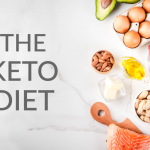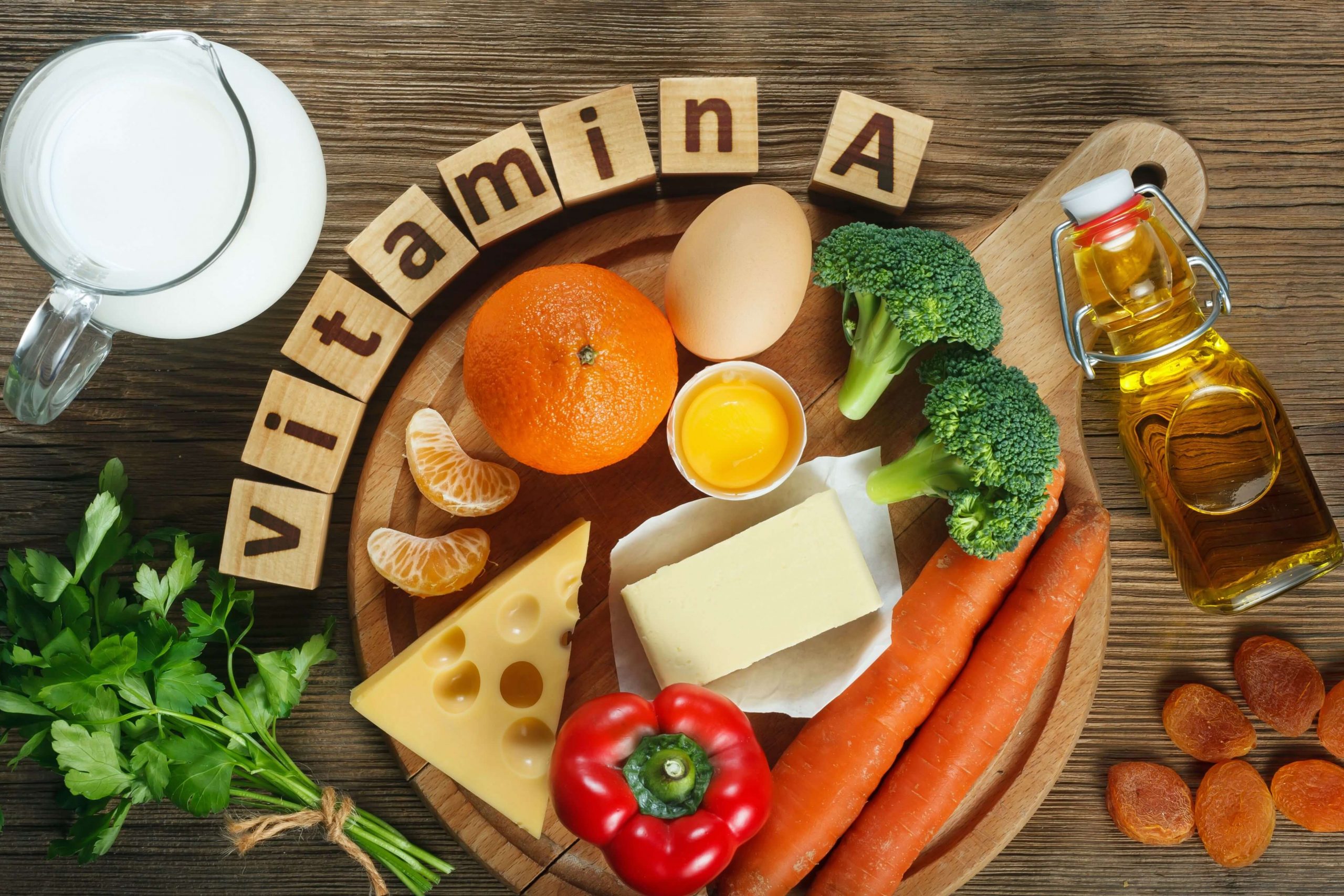Vitamin A, otherwise known as retinol, is an important vitamin that helps promote healthy vision, skin, and cell growth throughout your body. Retinol can be found in many foods, including vegetables, fruits, nuts, and animal products such as dairy and eggs; however, some foods contain higher amounts of the vitamin than others. While it’s possible to obtain adequate amounts of vitamin A from natural sources alone, there are several fruits you should consider eating more often to ensure you’re getting enough retinol in your daily diet.
Vitamin A
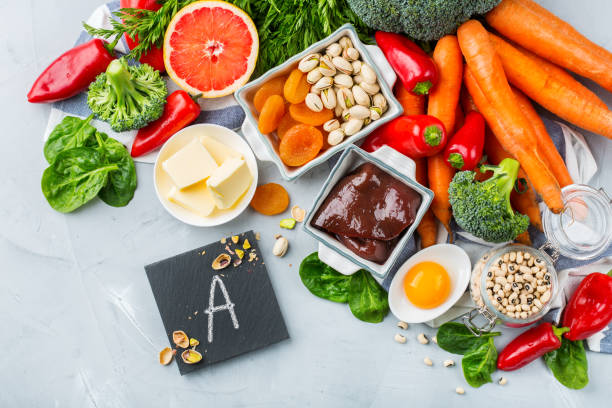
Most people know that carrots are a good source of vitamin A, but did you know that there are many other healthy foods that have this nutrient? Here is the top 10 list of vitamin A rich fruits:
- Carrots 2. Cantaloupe 3. Apricots 4. Mango 5. Oranges 6. Papaya 7. Pineapple 8. Sweet potatoes 9. Tomatoes 10. Winter squash and leafy green vegetables such as spinach and kale are also sources of vitamin A which can be enriched in health care products such as beta carotene capsules. Vegetables high in beta carotene include broccoli, cauliflower, and sweet potatoes. Make sure to get enough vitamins every day by adding these nutritious foods to your diet!
Apricots
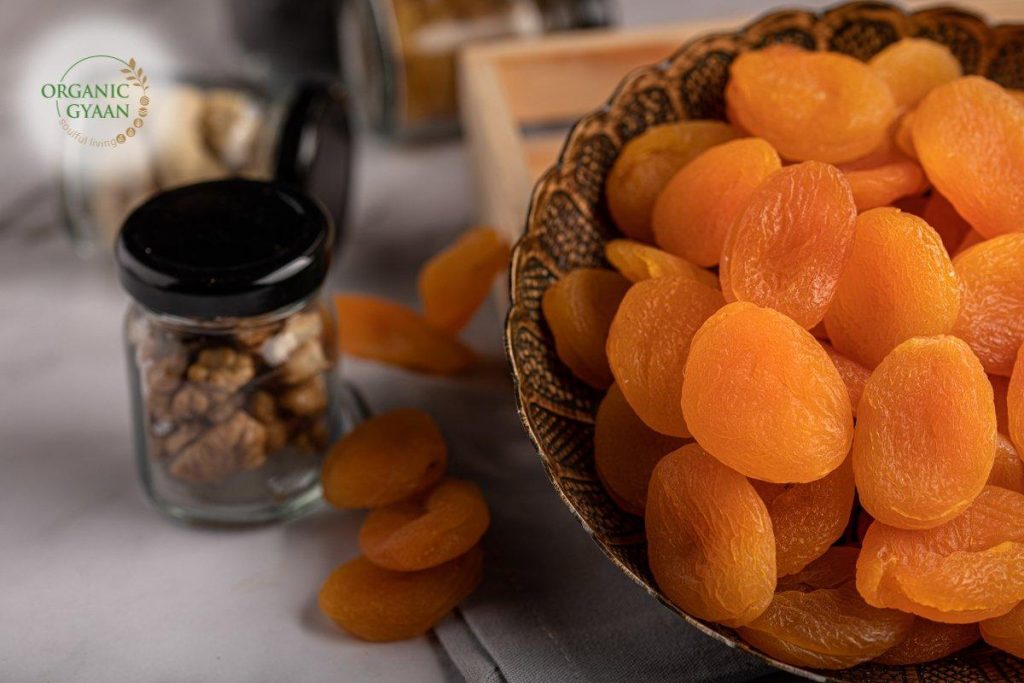
If you’re looking for a high-vitamin and low-calorie fruit, apricots are the way to go. One cup of fresh apricots contains over 150% of your recommended daily allowance of vitamin A and only around 50 calories. Apricots are also rich in beta-carotene and potassium. Beta-carotene is an antioxidant that can help prevent oxidative damage to cells, meaning it’s great at protecting against heart disease and cancer. Potassium is important because it helps regulate blood pressure, which reduces the risk of stroke or heart attack. These bright little fruits are packed with nutrients that promote health, but they’re also delicious!
Cantaloupes
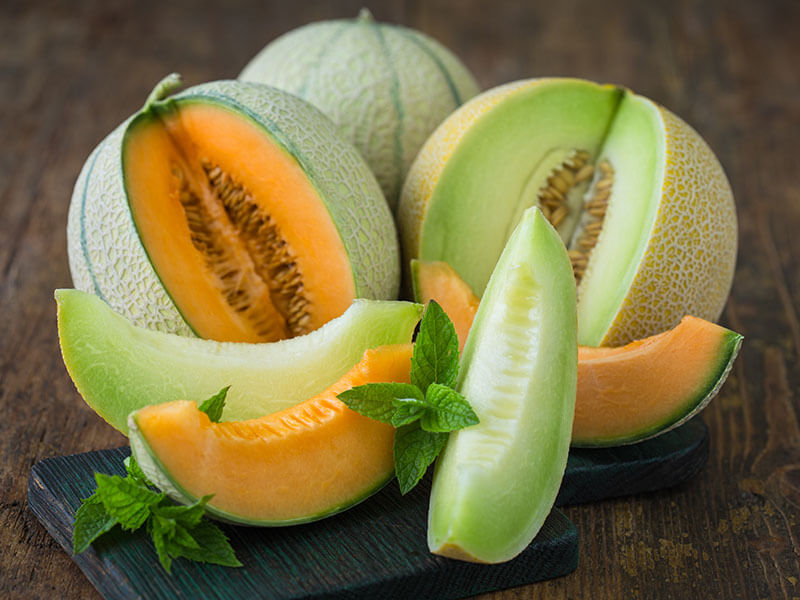
Enrich your diet with these nutrient-packed, vitamin A-rich fruits. Research has shown that vitamin A can help with eye health, growth, and immune function. Eating the right amount can also lower the risk of infectious diseases like measles and diarrhea. Cantaloupes are one of the best sources of vitamin A in the winter months when other foods become scarce or hard to find. This sweet melon is an excellent choice for a breakfast fruit that will provide you with essential nutrients to start off your day feeling energized and ready to take on any challenge! It’s important to maintain healthy eating habits year round, not just during the summer months when fresh produce is plentiful.
Carrots
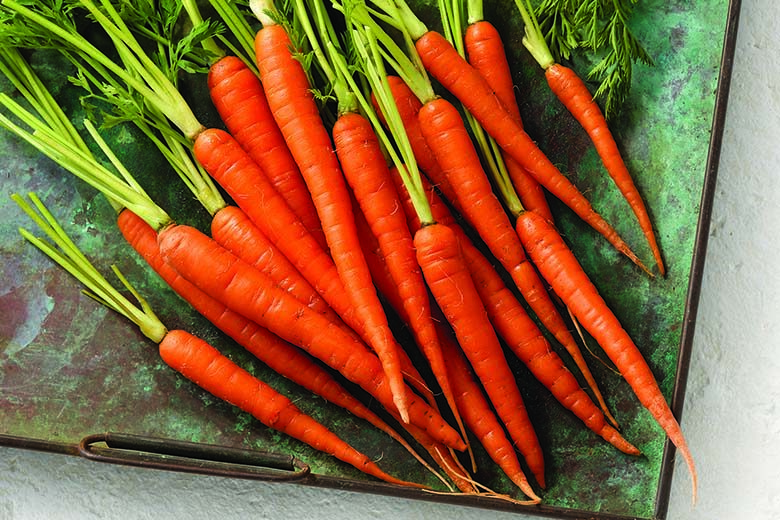
A carrot a day may help to keep health care expenses down! Research has shown that carotenoids in carrots can reduce risk of cancer, cataracts and heart disease. One medium sized carrot contains 6 milligrams of beta-carotene which is equivalent to the nutrient content of one serving (1/2 cup) of cooked spinach. Be sure to go organic as non-organic carrots can have harmful pesticide residues. Other great sources of vitamin A are orange bell peppers, apricots, mangoes and cantaloupe. It’s important to note that while these fruits contain high amounts of beta-carotene they do not contain high amounts of retinol so it is best not to rely solely on them for healthy living.
Guavas
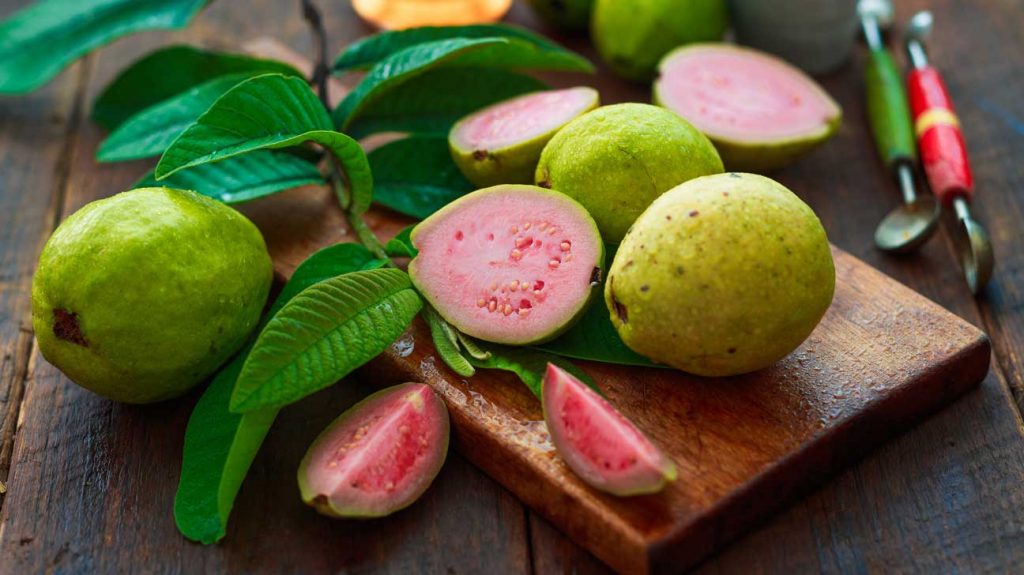
Furthermore, guavas are rich in potassium, calcium, and magnesium, and are also high in dietary fiber. The vitamin A content in guavas also helps the body to fight against some types of cancer by strengthening our natural defenses.
Health care professionals recommend eating at least five servings of fruit each day to receive adequate daily health benefits from vitamins and minerals; guavas are an excellent choice because they have so many health benefits. Eating a variety of fruit on a regular basis is important for good health.
Kiwis
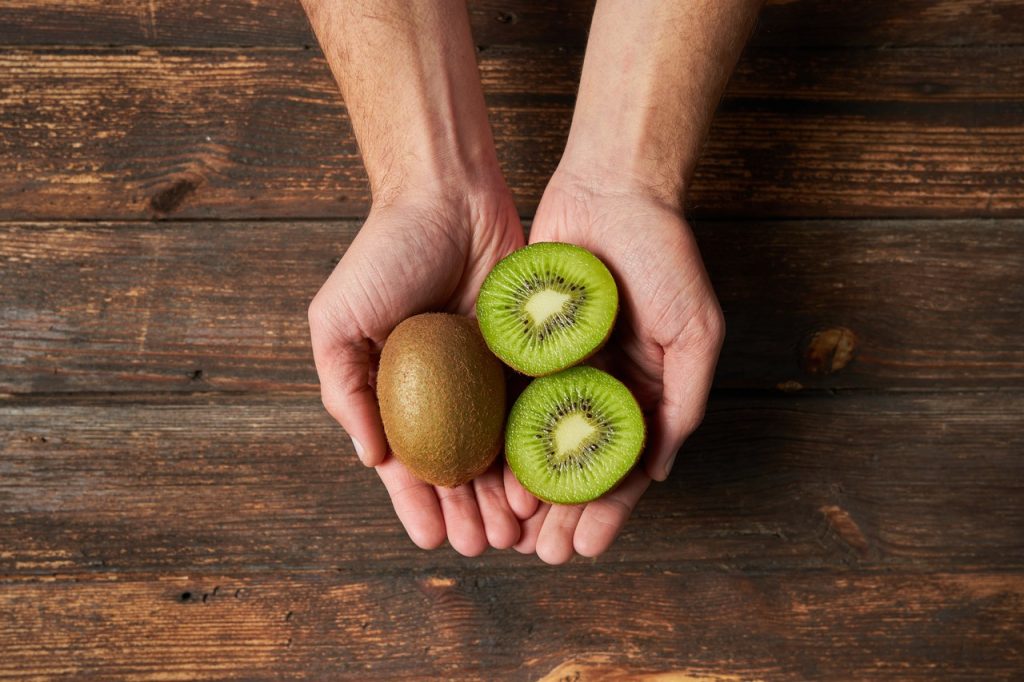
Health care professionals often recommend a diet that includes foods rich in vitamin A, including kiwis. These fruits contain healthy levels of vitamin C, as well. Kiwi fruit is also an excellent source of lutein, which may help protect against age-related eye diseases such as cataracts and macular degeneration. Eating just one kiwi provides more than your daily requirement of vitamin C, too! The fruit has been shown to have anti-inflammatory properties, which can be helpful in preventing asthma or hay fever symptoms.
Papayas
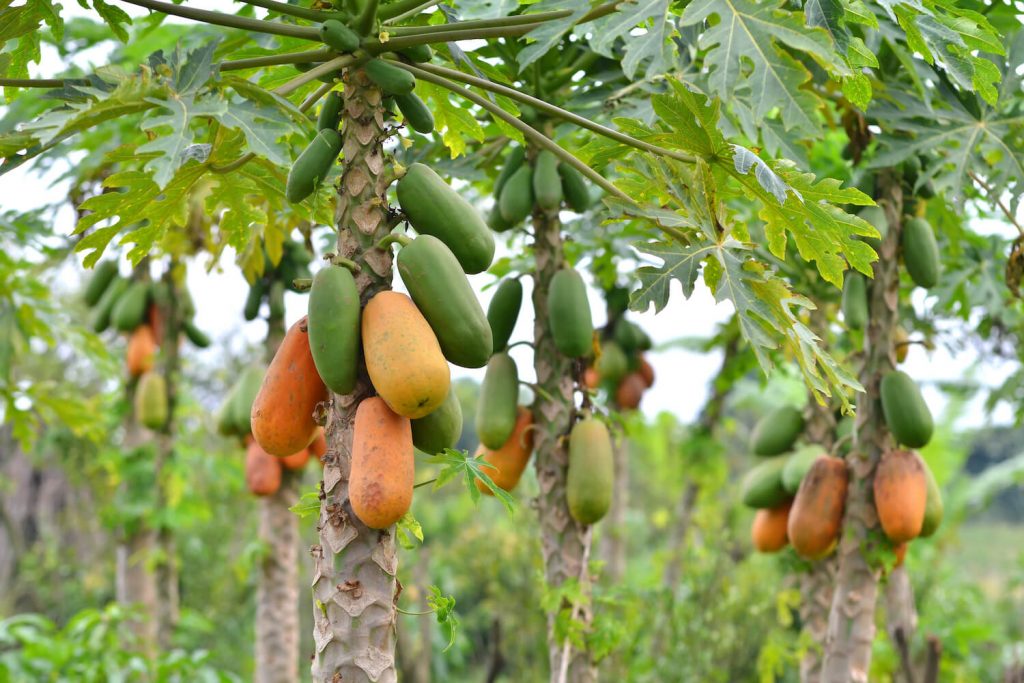
Papaya seeds are said to have medicinal properties. They are used to soothe coughs and sore throats as well as being a laxative to stimulate the intestines. Other benefits of papaya seeds include being an astringent to shrink swollen or inflamed skin tissue, helping with respiratory problems like asthma or bronchitis because they have bronchial-clearing effects, reducing fever by lowering body temperature and even controlling diabetes. The green part of the fruit is rich in vitamin C and magnesium, while the unripe yellow fruit has more vitamin A than most other fruits. The flesh also has a good amount of folate (folic acid) which helps prevent neural tube defects in newborn babies.
Mangoes
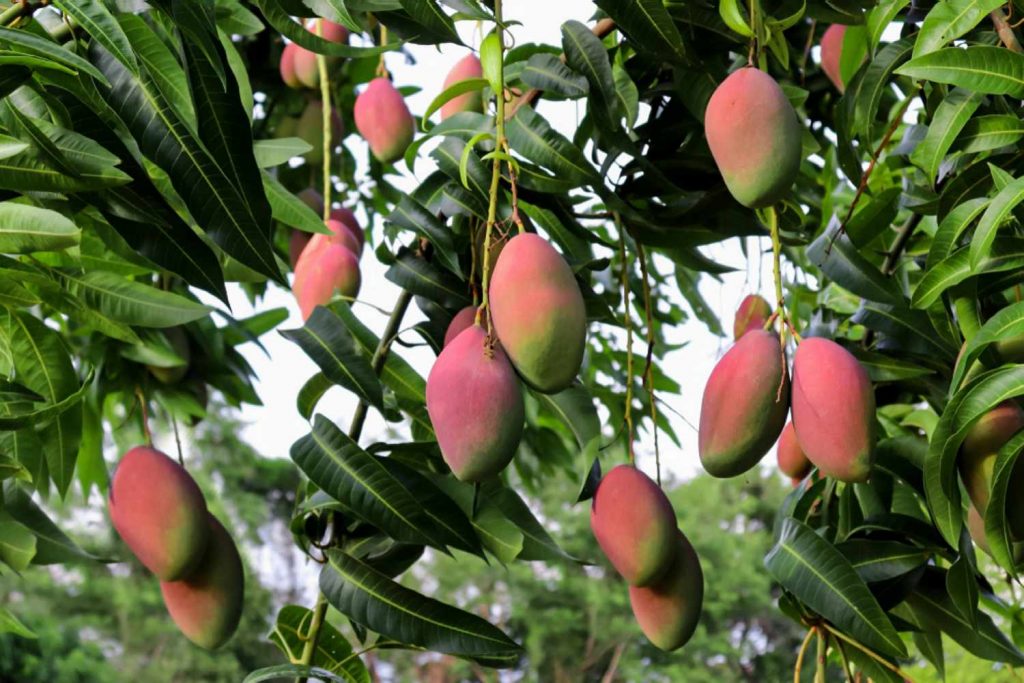
A single cup of diced mangoes contains more than 400% of your daily requirement of vitamin A. Mangoes have a high fiber content, and are also a rich source of potassium. Most people associate this fruit with being sweet, but it actually has less sugar than an apple or pear. Free radicals are also protected from damage by mangoes’ antioxidant properties. That’s why it’s important to make sure you’re eating enough mangoes each day! They’re not only delicious, they provide tons of health benefits too. When thinking about health care costs in the United States, you should think about how expensive it is to be sick.
Pumpkins

The pumpkin is a vegetable that most people associate with Halloween, but it’s actually rich in vitamin A which can help maintain healthy eyesight. It’s a rich source of beta-carotene, which the body converts to vitamin A as needed. One cup of cooked pumpkin has about 2000 IU of beta-carotene and provides more than 400% daily recommended intake of vitamin C. They’re also high in fiber (1/2 cup has 4 grams) and low in calories (about 50 per cup). Plus, they’re inexpensive! With all these benefits, eating pumpkins this fall should be an easy choice for health care providers and patients alike.




